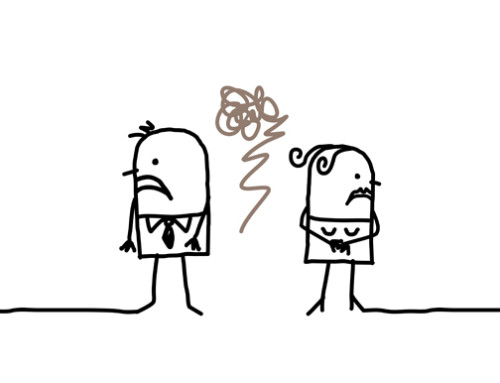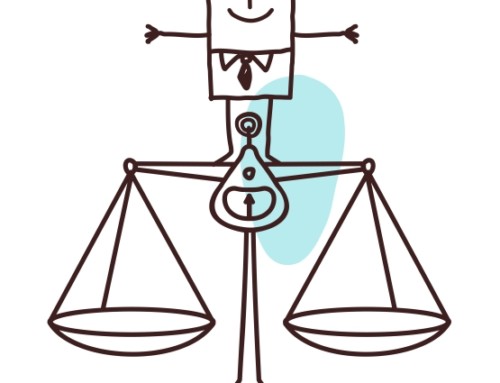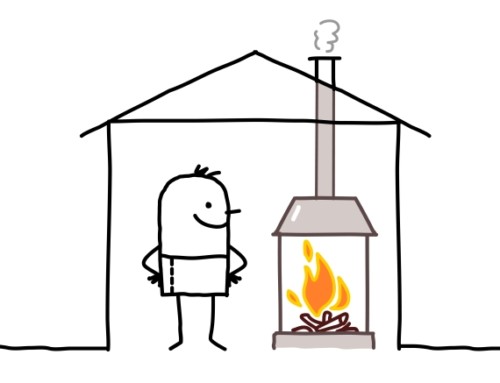In this article, I will how success in couples counselling is often related to the extent to which both partners participate actively in making changes individually and together.
Estimated reading time: 4 minutes.
Research indicates that the biggest predictor of success in therapy is the client. Specifically, client factors such as personality characteristics and behaviours play a significant role in whether the client will benefit from working with a therapist. For example, a client who is high in the personality characteristic of conscientious is likely to benefit more from the therapy compared with a client who is low in this characteristic because they are more likely to put in the consistent effort which is required to achieve results in therapy.
Client factors also play a pivotal role in whether couples counselling will be successful. In the following sections, I will discuss some of these factors.
Working together to improve the relationship
Couples who work together to improve their relationship tend to make better progress compared with couples in which only one of the partners is working to improve it. This can include working together on skills to communicate constructively as well as planning activities together to build and maintain a strong relationship friendship.
In contrast, couples in which only one of the partners is working to improve the relationship typically make less progress. One reason for this is that skills involving communicating constructively and participating in activities to build the relationship friendship necessarily get better results if both partners are working in tandem. A second reason is that one partner working on the relationship often loses motivation to keep at it until they achieve results because they don’t see their partner contributing to the effort.
Each partner striving to address the other’s needs and concerns
When couples succeed in therapy, there is give and take between the partners. Each partner is proactive in addressing the other’s needs and concerns. They both recognize that each of their concerns are valid and that this win-win approach will lead to the best outcomes in their relationship.
With couples who make less progress, each partner is instead focused exclusively on the other meeting their needs and concerns without regard for what they can do for their partner. It is axiomatic that little progress will be made if each partner is waiting for the other to address their concerns.
The best approach can be summarized by the application of a famous line from a presidential speech to relationships: Ask not what your relationship can do for you, ask what you can do for your relationship.
Giving each other credit for meeting one’s needs and concerns
Couples make better progress when each partner gives the other credit for meeting their needs and concerns. Doing so gives each partner positive reinforcement for doing so. In turn, this makes each partner more likely to continue to work to address the other’s needs and concerns.
Less progress is made when each partner does not give the other credit for meeting their needs and concerns. Not giving credit is often accompanied by pointing to other needs and concerns which have yet to be addressed or that, despite trying, the partner did not meet their needs and concerns properly in this instance.
This response does not provide positive reinforcement for the partner who has tried to meet the other’s needs and concerns. In turn, this makes them less likely to continue to work to address the other’s needs and concerns.
 Noticing the positives and expressing appreciation
Noticing the positives and expressing appreciation
Couples make better progress when each partner notices and expresses appreciation for the positive behaviours and characteristics of the other. Doing so facilitates each partner having an ongoing positive mindset regarding each other and the relationship. In turn, this makes it easier for the partners to behave constructively when dealing with issues and disagreements.
Less progress is made by couples in which each partner does not notice and appreciate the positive behaviours and characteristics of the other. Doing so leads to each partner having an ongoing negative mindset regarding each other and the relationship. In turn, this makes it more difficult for the partners to behave constructively when dealing with issues and disagreements.
When it is reasonable for one partner to be the focus of change
There are some circumstances under which it is reasonable for one partner to be the focus of change in counselling when relationship issues are present. These include:
(1) When one partner is engaging in ongoing abusive behaviour toward the other partner. In this case, the focus should be on addressing the abusive behaviour;
(2) When one partner is having or has had an affair. In this circumstance, the focus is on the affair partner taking steps to slowly rebuild the trust of their partner. Having said that, the partner whose trust has been broken still plays a significant part in the therapy;
(3) When one partner has an individual issue which needs to be addressed. One or both partners sometimes have individual issues which need to be addressed such as substance use or trauma. These issues are usually best dealt with in individual therapy. Sometimes this individual work can be done in tandem with couples counselling while in other cases it necessarily must be addressed before couples counselling.
Improving the odds of success in couples counselling
Succeeding in couples counselling may seem like a crap shoot. And while acknowledging that there is often much unpredictability in terms of the outcome, there are many client factors within the two partners’ control which can improve the odds of success if they are addressed.
The theme underlying most of the controllable factors discussed in this article is both partners working together to improve the relationship. In other words, it takes two to tango to have success in couples counselling.
May you and your partner reap the benefits from working together in couples counselling,
-Dr. Pat





Leave A Comment